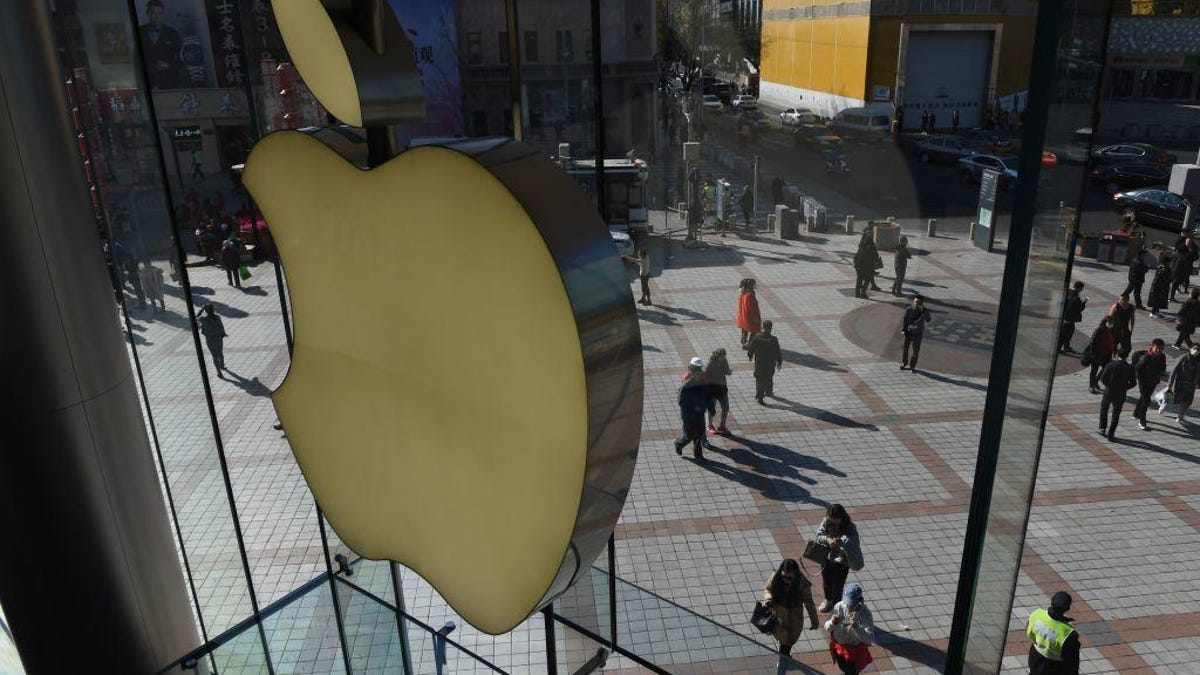Students' iPhone scam reportedly takes Apple for $900K
Two students allegedly tricked Apple into replacing more than 1,000 fake iPhones with real ones, then sold them.

Apple was allegedly duped out of more than 1,000 iPhones.
A pair of Chinese engineering students studying in Oregon allegedly scammed Apple out of hundreds of thousands of dollars, a report said.
Yangyang Zhou and Quan Jiang are accused of bringing thousands of counterfeit iPhones into the US from Hong Kong as a part of a scam that kicked off in April 2017, as previously reported by The Oregonian.
They allegedly send the fakes to Apple, complaining that they wouldn't turn on, and getting fresh, real iPhones in return under the company's warranty system. Those genuine devices were then sent abroad and sold for hundreds of dollars, with Jiang and Zhou getting a cut of the profits, according to court documents.
Those documents note that 1,493 of the 3,069 warranty claims netted a replacement iPhone, and Apple estimated that it lost $895,800 as a result.
The pair were in the US on student visas, prosecutors noted. Zhou, who went to Oregon State University, allegedly shipped the fakes into the US and sent out the replacements they got.
Jiang, a Linn Benton Community College student, allegedly dealt with Apple, by seeking the replacements either in person or online. When the real iPhones were sent to China, an associate paid Jiang's mother, who then sent the money to his account.
They were apparently rumbled when customs officers seized suspicious shipments bearing the Apple logo, the documents noted. The Cupertino, California, company sent Jiang cease-and-desist letters after he was identified as one of the alleged smugglers by December 2017, but the letters were ignored.
Zhou is accused of submitting false export declarations, while Jiang is accused of trafficking in counterfeit goods and of wire fraud, our sister site ZDNet noted.
Apple didn't immediately respond to a request for comment.
First published at 3:42 a.m. PT.
Updated at 4:15 a.m. PT: Adds more detail.
United States of America vs... by on Scribd

